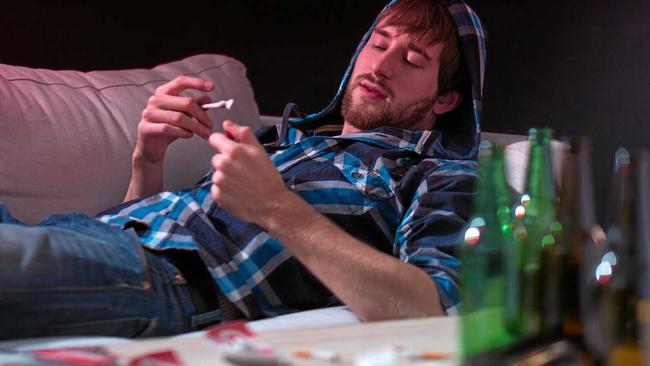Should we treat Centrelink recipients like criminals?
Plan to drug test welfare recipients has serious issues and real consequences

Opinion
Don't miss out on the headlines from Opinion. Followed categories will be added to My News.
JUST imagine you are part of a government that has pulled off a miraculous election victory, the country is in the grip of a serious drought and you have just received news the economy is slowing to a pace not seen since the GFC.
What do you do? Why, you go after the dole bludgers of course.
Moves this week to legislate drug testing of welfare recipients and the national roll-out of the cashless welfare card must have some people in the Coalition tearing their hair out.
Surely there are some wondering why this, of all the pieces of legislation the government could lead with after the winter recess, was seen to be of the utmost importance.
All this piece of legislation does is demonise the thousands of people already struggling on abysmal welfare payments. Let's be real here. We are subjecting welfare recipients to the same tests required by someone on parole.
Let that sink in for a minute.
As much as the true believers will say otherwise, this piece of legislation treats welfare recipients like criminals and serves to advance the narrative that all people on government payments sit around and do drugs instead of getting a job.
Make no mistake, this narrative is important to anyone who has a vested interest in denying the fact that things are becoming increasingly hard for a growing section of the community, a group of people expected to find work in a shrinking economy.
While ever the narrative of the dope smoking bludger permeates, it serves to mask inequalities that are being exacerbated by a government hell-bent on curtailing individual freedoms to those already marginalised.
No one can argue there are less opportunities for people in regional Australia, so it stands to reason that crackdowns on welfare recipients, whether it be through drug testing or rolling out the cashless welfare card, will impact regional people unfairly.
And the question that needs to be asked here is, who really stands to benefit from this move?
At an estimated $500-$900 per test, the initial trial is expected to cost $5.6 million dollars and executives from drug and alcohol testing companies must be licking their lips at the prospect of a mammoth government contract like that.
Of course if the recipient fails, they will be put on the cashless welfare card, kindly brought to you by Indue, a company that was already receiving at least $7.9 million in government money back in 2017 for the original trial.
And that was the cost for just 1850 people. Imagine the payday if the government rolled out the cashless welfare card to the estimated 733,000 people on Newstart. The plan now is just to pick on the young, with the welfare card applying to just those under the age of 35.
Finally, before you judge a dope-smoking dole bludger, go to places like Coles or McDonald's and take note of the machines that sit in place of where a person's job used to be.
Originally published as Should we treat Centrelink recipients like criminals?


